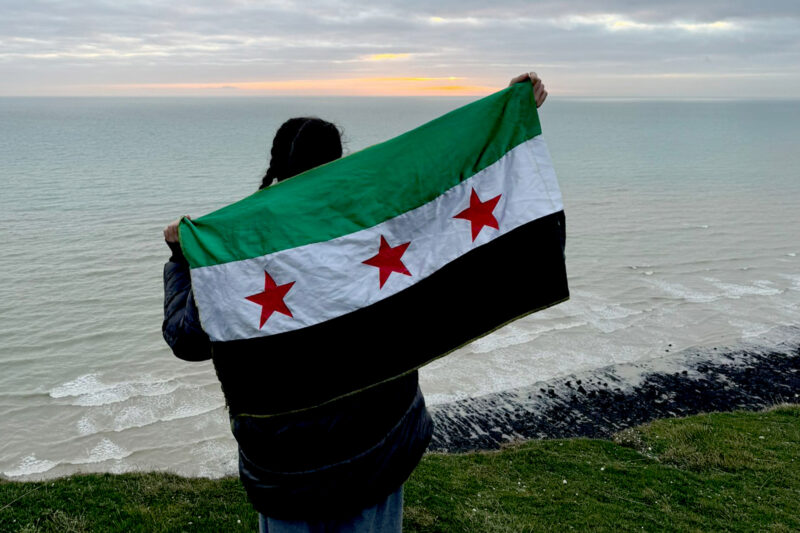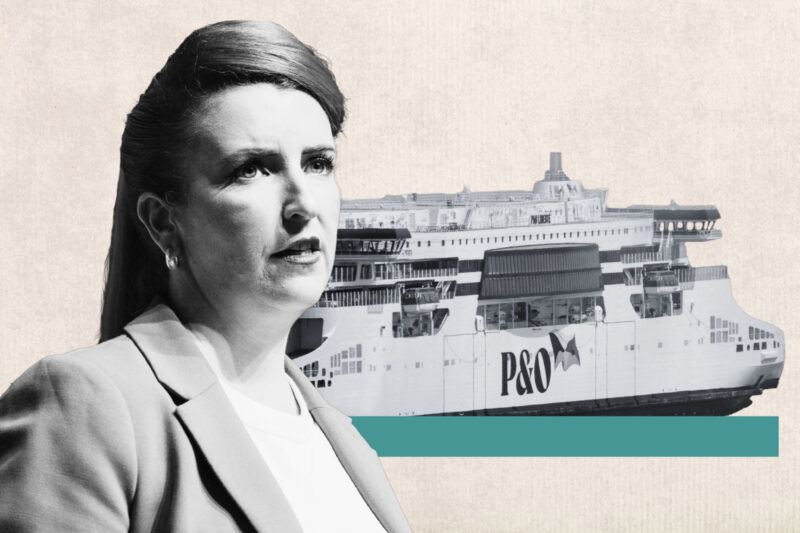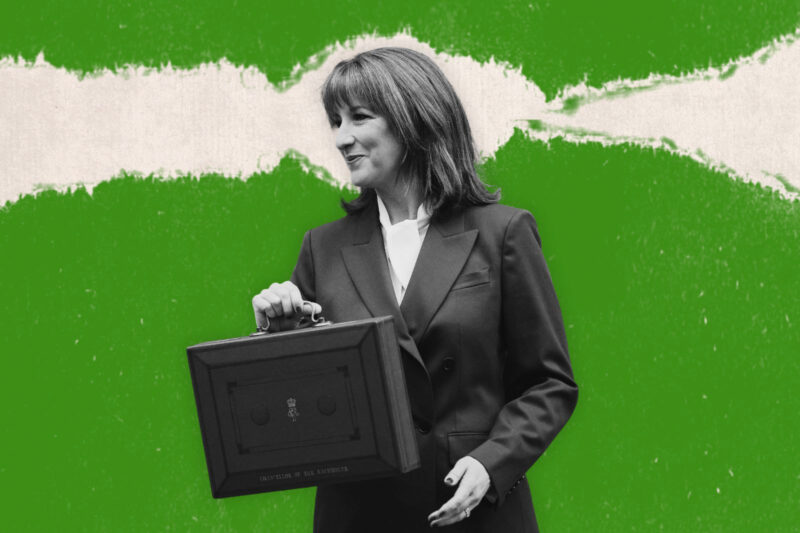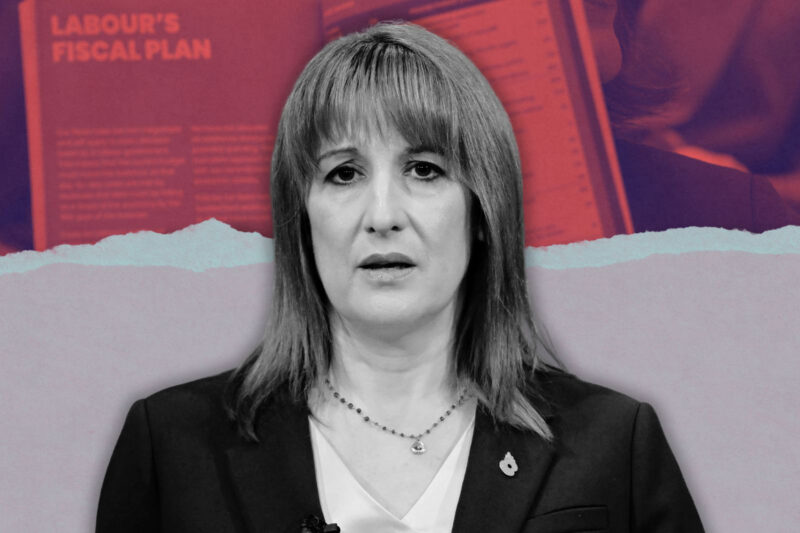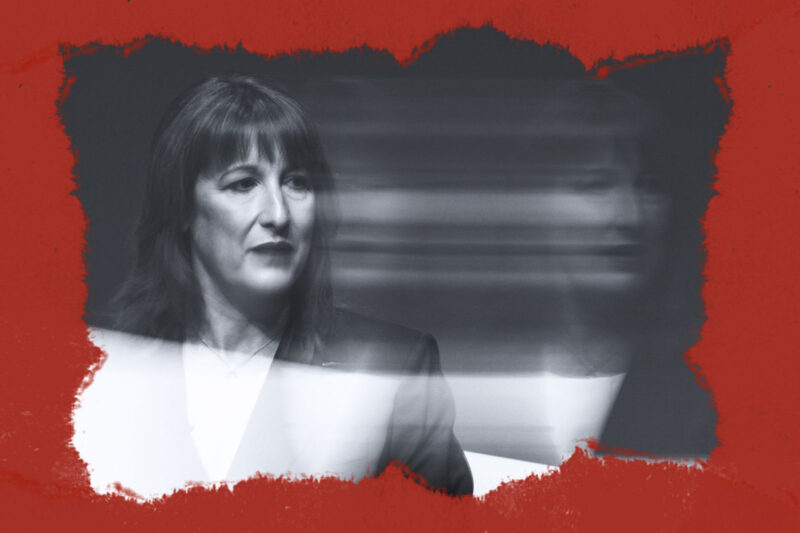Starmer’s Saudi trip showed PM trying to walk at least two fine lines
On a visit to meet controversial Saudi crown prince Mohammed bin Salman, the prime minister hailed Assad’s fall in Syria — but what of the group that toppled him?
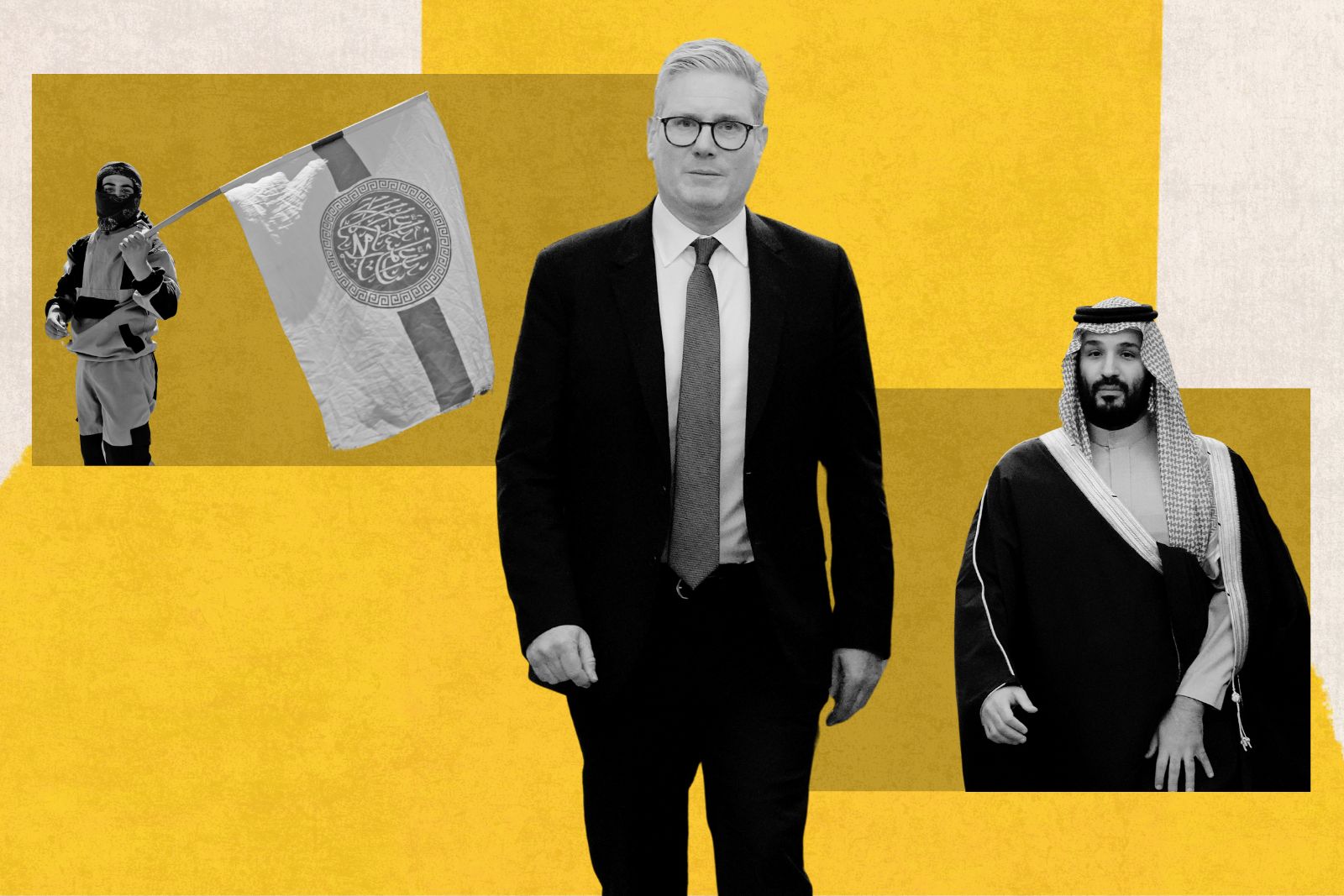
The prime minister’s foreign trips are often planned months in advance. No detail is left to chance: from who will welcome the PM upon arrival to what food will be served to leaders, everything is thought over as carefully as possible.
Keir Starmer’s first trip to the Middle East as prime minister was intended to be no different. But as he was getting ready to board the flight for this diplomatic mission, news that Bashar al-Assad had fled Syria changed the calculations massively.
I covered the trip for ITV News on behalf of the UK’s broadcasters and was on Starmer’s plane as the reality of the seismic change in Syria became apparent.
The news unfolded as we boarded the flight in the early hours of Sunday morning. Starmer had been briefed on the rapidly evolving situation, receiving a second briefing from officials on the flight as they formulated the UK’s response (and while the rest of us had lunch).
After landing, Starmer made his official statement describing Assad’s ousting as a positive step for Syria and its people. But it opened the door to an obviously difficult decision: how to approach Hayat Tahrir al-Sham (HTS), the group that has assumed control in Syria following Assad’s removal. Designated a terrorist organisation under British law, HTS has long been a pariah in western minds due to its links to al-Qaida. When I asked if that would now change given they would be running the country, the PM was adamant that no decision was imminent: “It is far too early to say.”
Downing Street sources told me that any shift would be coordinated with international allies, a collective move rather than a unilateral one. Interestingly, optimism about HTS has been quietly emerging among Foreign, Commonwealth and Development Office officials that I have spoken to. Reports from the ground suggest that HTS leader Abu Mohammed al-Jolani has been projecting an inclusive vision for the new regime and has now publicly reassured the west about minority rights and stability. But the UK’s terror list operates in stark terms: you are either on it or you are not. This binary framework leaves little room for interim evaluations and the government is understandably cautious about rushing to reclassify anyone.
Starmer had travelled to the region to meet with the leaders of the UAE, Sheikh Mohamed bin Zayed Al Nahyan, and Saudi Arabia, crown prince Mohammed bin Salman (known as MBS). In both meetings, I’m told there were discussions about Syria and how to ensure regional stability. The prime minister has also spoken about the situation with leaders of Israel, Turkey and the UN special envoy, all with the intention of ensuring a peaceful resolution — a priority not just for the Middle East but for the UK’s broader strategic interests, hence the UK’s additional £11m of humanitarian aid to the region. Regional stability is not just a moral imperative; it’s integral to the UK’s ability to foster trade, counter extremism and secure energy supplies.
Beyond Syria, both the original agenda items for the trip — trade and defence — remained central to Starmer’s discussions with the Gulf leaders. The UAE and Saudi Arabia are critical partners for the UK, with bilateral trade worth £23bn and £17bn respectively. Strengthening these relationships is pivotal for the UK economy, particularly as Britain seeks to deepen ties with non-European markets in the wake of Brexit.
Strategic cooperation with Saudi Arabia emerged as a key outcome of the trip. Following a meeting with MBS, the UK announced plans to enhance its defence and industrial partnerships with the kingdom. The UK already supplies combat aircraft to Saudi Arabia — and it appears we want to sell them more.
The presence of Jonathan Powell, Starmer’s newly appointed national security adviser, added another layer of significance to the trip. A veteran of Tony Blair’s administration — Powell was chief of staff for his entire time in No 10 — he becomes the first ever political appointee to this critical role, which is usually filled by a civil servant, and his inclusion on this trip highlighted the government’s prioritisation of Middle Eastern security.
For Starmer, this trip was an opportunity to demonstrate leadership on the diplomatic scene, bolster the UK’s business relationships and underline Britain’s commitment to a stable, prosperous Middle East. But it also underscored the complexities of modern diplomacy. Engaging with HTS, should Britain choose to do so, presents profound challenges. The prime minister defended his meeting with MBS by arguing that he has put economic growth front and centre of his administration’s goals — but there are questions about how close Britain should be with Saudi Arabia given its human rights record and its involvement in regional conflicts. Pointing out Starmer’s history as a human rights lawyer, Downing Street has told me the prime minister raised the issue of rights in Saudi Arabia during the meeting.
The deepening of ties with Gulf nations is a double-edged sword. Economic benefits are clear, but they come with reputational risks. This trip was not only a diplomatic exercise, but a statement of intent, a reflection of the UK’s ambition and a reminder that what happens in the Middle East matters everywhere.
Shehab Khan is an award-winning presenter and political correspondent for ITV News
 Newsletter
Newsletter


